Here you’ll find good to know tips and tricks about healthy eating, nutrition articles, everything you need to know about a vegetarian and vegan diet, and all things health-related! Hopefully, these nutrition articles will help you make the right decisions for yourself and easily integrate more healthy habits into your lifestyle! Inform yourself and discover the benefits of a plant-based diet with the help of the recipes and nutrition articles found on my blog. There are four kinds of posts on this page: nutrition articles, personal thoughts and insights, guides and cooking tips, and other. In the nutrition articles category, I will post nutrition-related posts. In the guides and cooking tips category I will post how-to cooking guides to help you become a better cook. In the personal thoughts category, I will post my vegetarian story, the changes that come into my life, and other personal insights that may be useful to you too. In the other category, I will post different articles with random subjects, articles that I think may be of interest to you. I hope these nutrition articles and guides will help you make the decision and go vegetarian. Join the club!
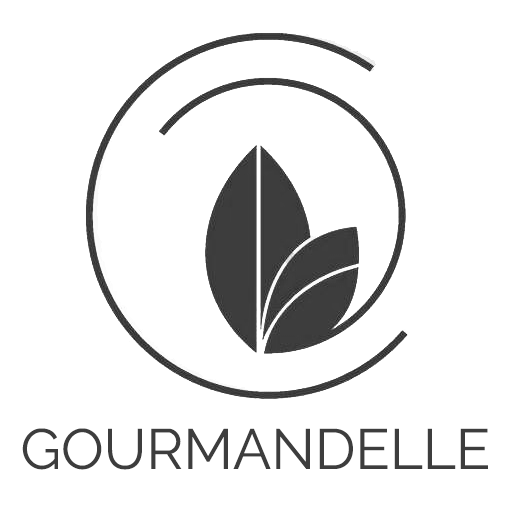
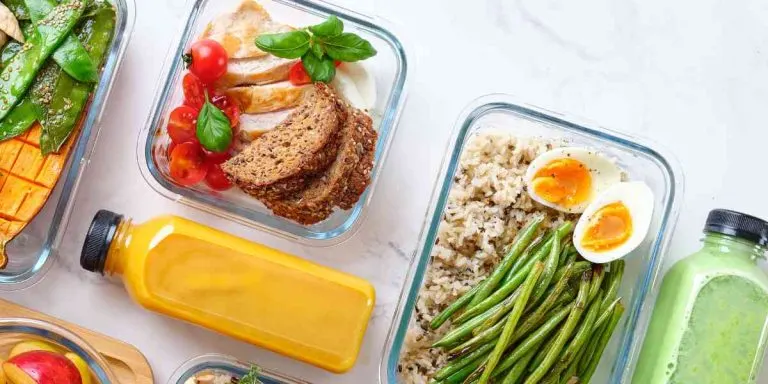
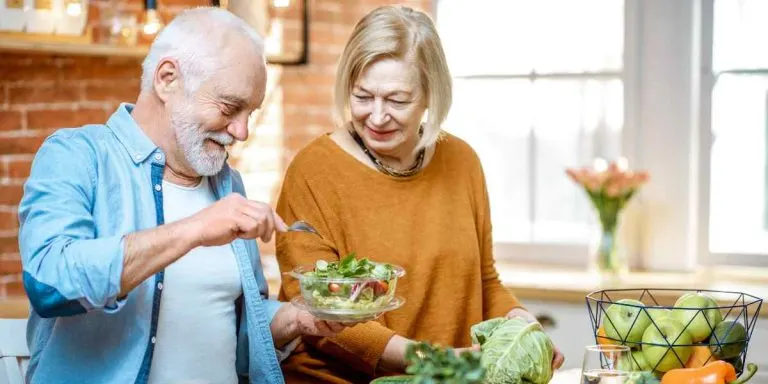

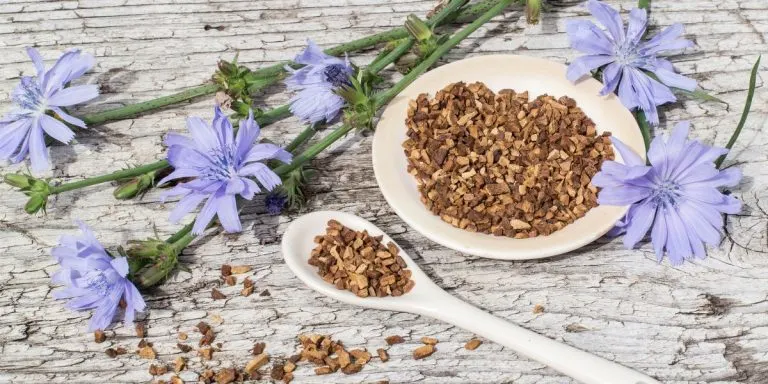
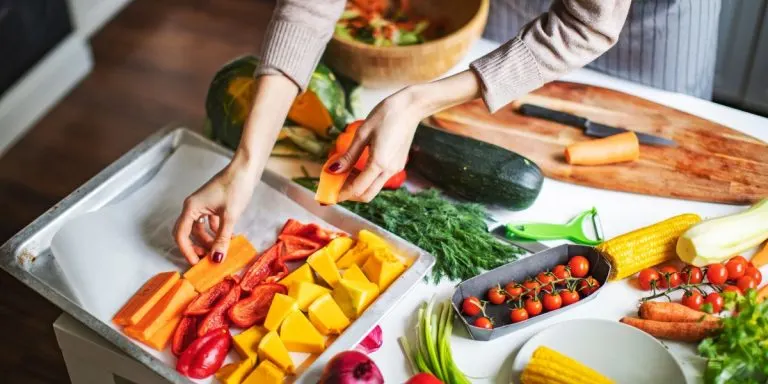

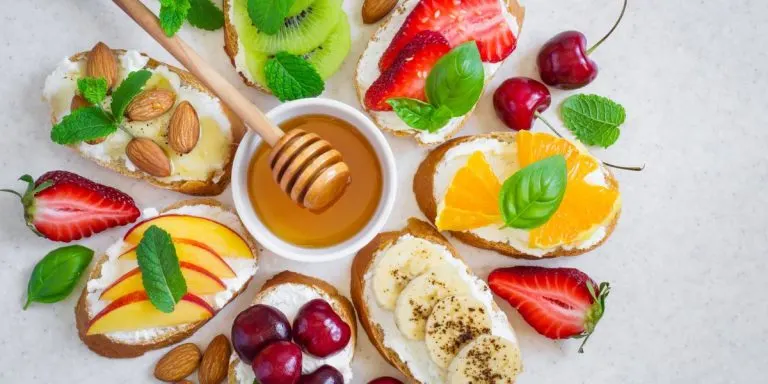
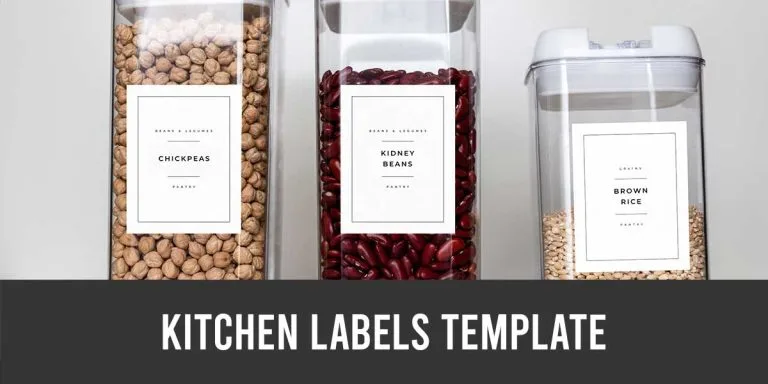
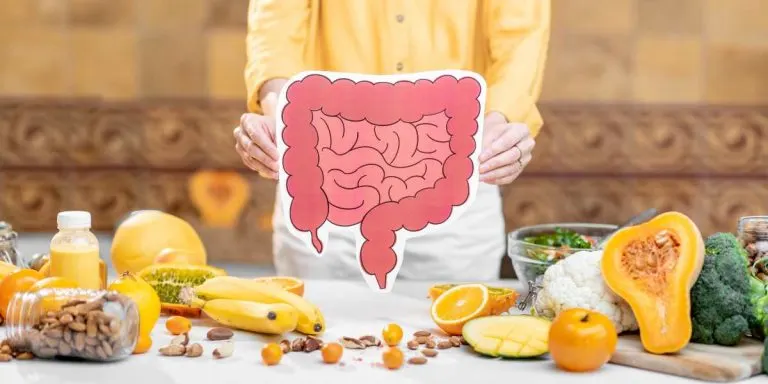
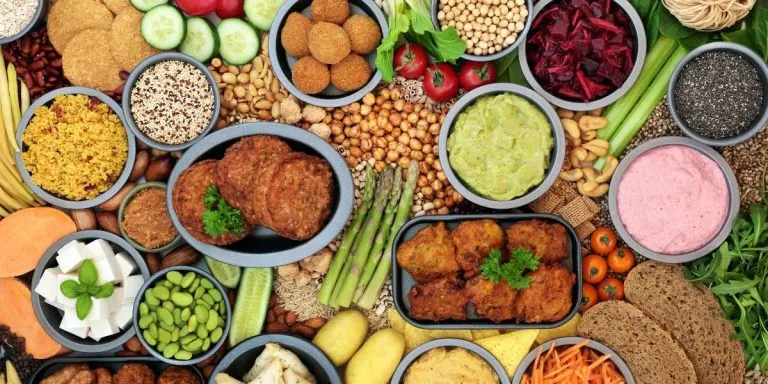
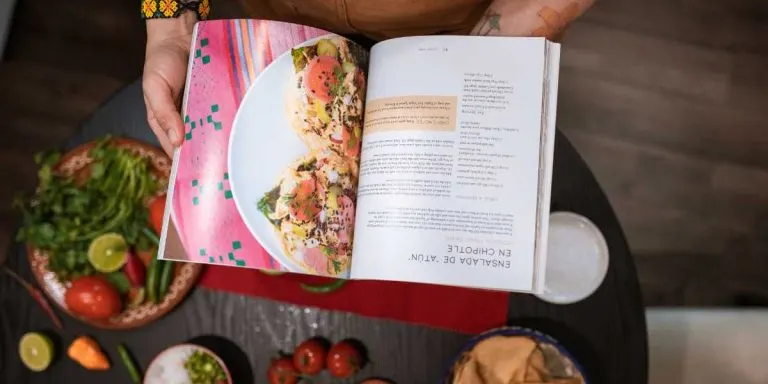

Elaine La Serna
Wednesday 7th of January 2015
Thank you for your amazing insights as I have been researching for quite some time on the benefits of a macrobiotic diet.
Ruxandra
Friday 9th of January 2015
You're welcome Elaine! :) Glad I could help.